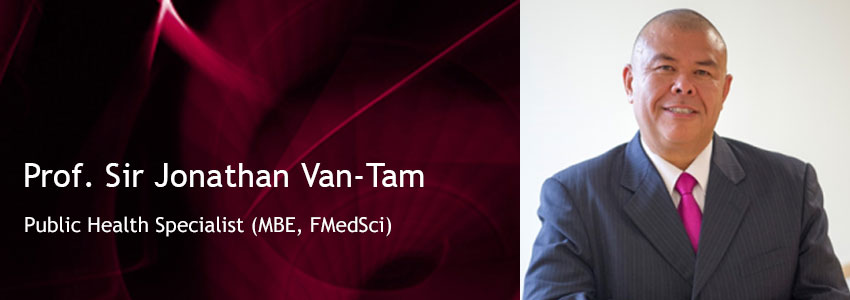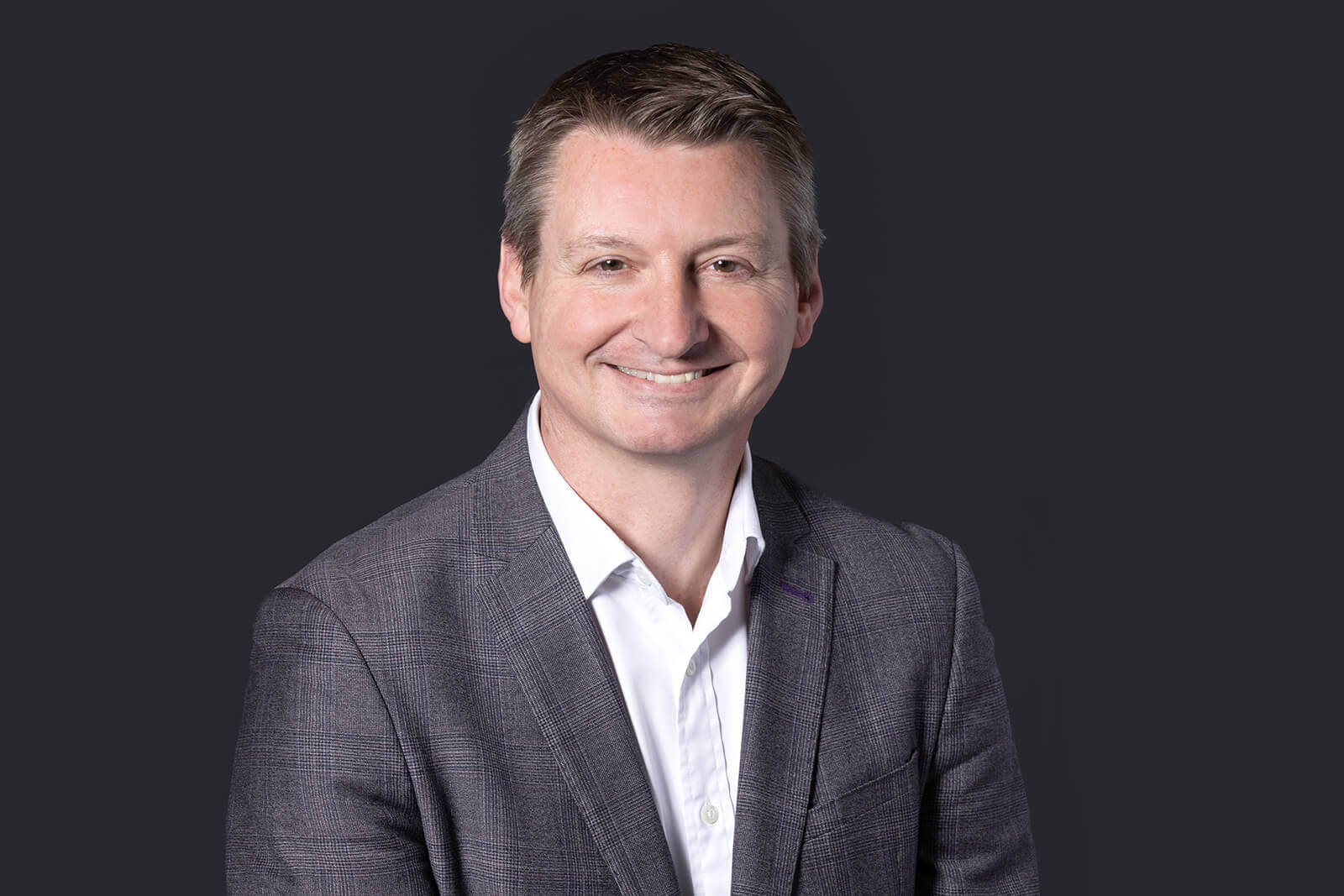Browne Jacobson was delighted to welcome Professor Sir Jonathan Van-Tam as a key note speaker at our recent Health and Care Connect Conference. We are delighted to now share the film of this key note speech together with an article sharing the key insights written by Professor Sir Jonathan Van-Tam himself.

Professor Sir Jonathan Van-Tam
I was delighted to speak to health and care leaders at Browne Jacobson’s recent Health and Care Connect Conference, and to share my reflections on my leadership experience during the SARS-CoV-2 pandemic.
In the last two years, we have all lived through a seismic event. The SARS-CoV-2 pandemic was arguably the worst public health event of our lifetimes. In the early days of the pandemic, we were faced with a public health policy position where we did not have very much information or data, we had very low clinical certainty, there were no proven treatments or vaccines and a very high imperative to stop the virus from spreading so that it did not overwhelm health services. This is why we initially relied on social interventions – because there was nothing else.
We are now in a position where there is a wealth of data, proven disease modifying treatments and a mature vaccine programme with high uptake. We have gradually placed less reliance on the social distancing measures, as these have been replaced by the clinical counter measures of vaccines and treatments. We are now a health service that is still under enormous pressure - but we are not overwhelmed by COVID-19.
Reflecting on what we have all lived through in the last two years, there is some key learning for leaders across the whole health and care system, nationally and internationally.

Lesson 1: Prepare for the unknown
It is not possible to dismiss COVID-19 as ‘once in a lifetime’ or ‘never to be repeated’. We need to prepare to deal with high threat, high severity, very infectious pandemics in the future. These threats go beyond influenza and potentially beyond respiratory viruses and airborne/droplet transmission.
Our future systems need to be multi-pathogen capable. International cooperation will be key, but we are reminded every day on the news of the geo-political pressures which can get in the way of this. We must build and maintain meaningful international preparedness which is capable of withstanding these geo-political pressures.
Lesson 2: Maintain sufficient diagnostic capacity
In the first wave of the pandemic in the UK and, indeed, in many other nations, there was a gross underestimation of COVID-19 in the community because of the absence of diagnostics for this novel virus. In the beginning, no country on the planet had enough diagnostics, and what we did have had to be put at the doors of the hospitals where people were sickest. Consequently, there was a gross underestimation of the signal in the community in most nations on earth. COVID-19 was probably rampant in the community before we got the signal that the hospitals were reaching capacity with COVID-19, and that meant that we (and most other nations) were not alerted to the threat as early as we might have been. Surveillance then improved rapidly.
Looking ahead, it is vital that we maintain sufficient diagnostic capacity, residual testing and surveillance so that we can monitor and predict current trends and threats. Right now, the UK Health Security Agency is tracking four new variants of concern with quite strong growth signals. There is a danger until the variant question is settled – how many more variants can this virus produce? We have to be able to resurge that testing capacity rapidly if needed.
Lesson 3: Communicate with authenticity
Making urgent strategic decisions based on a highly imperfect information picture is very challenging, but essential in high threat pandemic situations. Communicating that uncertainty to politicians and policy makers is difficult for scientists. Communicating the uncertainty to the public (whilst retaining reassurance and calm) is even more difficult, as that uncertainty carries the risk of making people feel frightened and/or losing confidence that the scientists and politicians know what they are doing.
Leaders must be authentic. Authenticity is key to effective communication. Remember that the public deserve an answer that they can relate to and understand. Use terms of reference that the public can turn into lived actions for themselves.
Lesson 4: Innovate through whole system partnership
The UK Vaccine Taskforce is the thing I am most proud of in my entire public health career. It was deliberately led by a venture capitalist, not a scientist, and it brought together a wide range of expertise from commerce, industry, industrial production and science in a way that I have never seen before. There was effective partnership working with companies and researchers to remove blockers and solve problems. The Taskforce took a portfolio approach to procurement, knowing that not all of the studies that were funded would lead to a successful vaccine, but that by ‘spread-betting’ we would have a better chance of getting to a vaccine as quickly as possible. The UK Taskforce was truly innovative and ground-breaking with a whole system approach and multi-agency partnership working – and in the end, that is why it was so successful.
We are only able to live with COVID-19 now because of our successful vaccination programme.
Lesson 5: Address vaccine fatigue and lack of urgency
Vaccines in their current use are disease modifying rather than infection preventing, and they do not prevent transmission for very long.
We know that vaccine effectiveness wanes over time and is always at risk from new variant vaccine-escape. Bi-valent vaccines look like the new ‘normal’, and this autumn we are moving to a bi-valent vaccine which contains both Omicron and wild-type. The future could well be a combined flu-Covid-RSV vaccine.
Even in a severe pandemic, vaccine fatigue leads to incomplete vaccine acceptance and uptake. Vaccine fatigue and lack of urgency are live future issues that we must continue to tackle.
We ultimately need vaccines that protect for longer, including covering variant driven vaccine escape. However, we do need to be realistic about this and remember that we still do not have this for influenza after 75 years of trying.
Lesson 6: Be bold and uncompromising about doing research
We must be bold and uncompromising about doing research and clinical trials in a public health crisis. Do not clutch at straws or follow rumours. Use science (rapidly) to get clear, policy-relevant answers, so that decisions are based on the data from studies done in the right way at the right time.
Lesson 7: Speak truth to power
Ministers decide. Advisors advise.
As a scientific or medical advisor, your responsibility above all else is to speak truth to power; even if it hurts, even if it is painful. It is important that you stick to your guns and speak honest truth to power - but also be honest if the advice changes as the science evolves.
Pandemics do not just end with the flick of a switch, they die down over time. When we were first exposed to COVID-19 in 2020, it was almost 20 times as lethal as flu for the most vulnerable. Fast forward two years and immunity, improved treatments and a less virulent variant have reduced its severity. COVID-19 is now in the same ballpark as flu in terms of deadliness for older people, thanks to the vaccine programme. For that reason, I would argue that it is something we do now have to start to live with.
If you have any enquiries, please contact us

Nicola Evans
Partner

Gerard Hanratty
Partner

Rachel Whitaker
Partner
Contact

Nicola Evans
Partner
Nicola.Evans@brownejacobson.com
+44 (0)330 045 2962




































